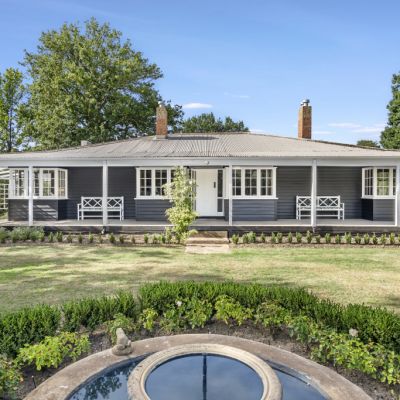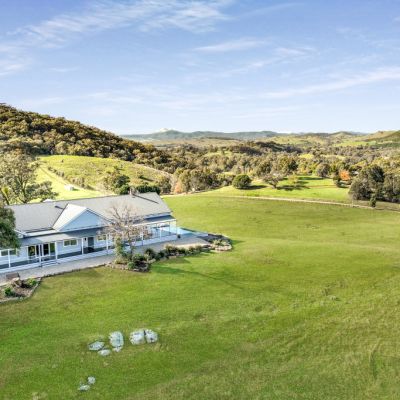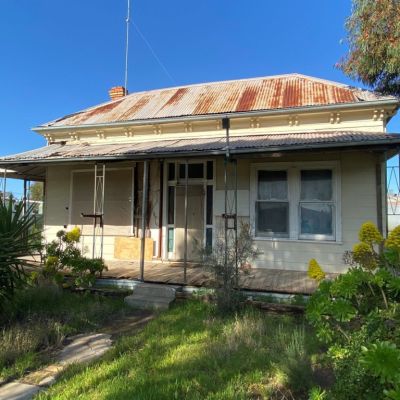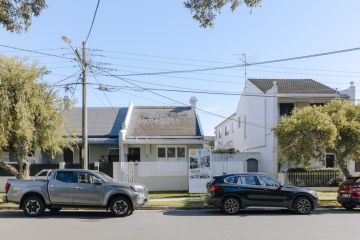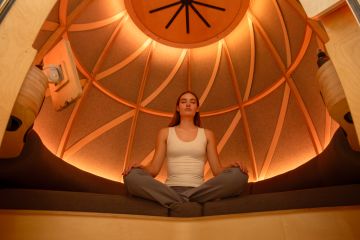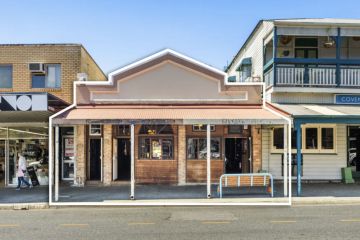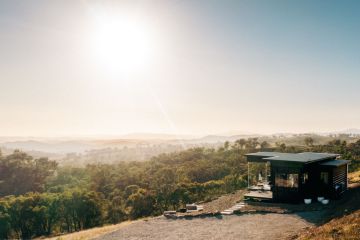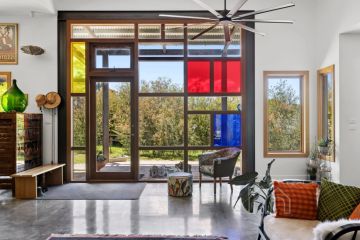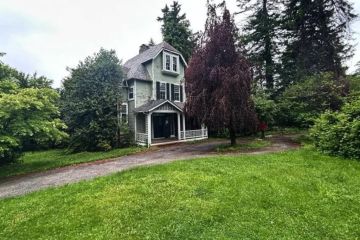What you need to consider when buying a regional property
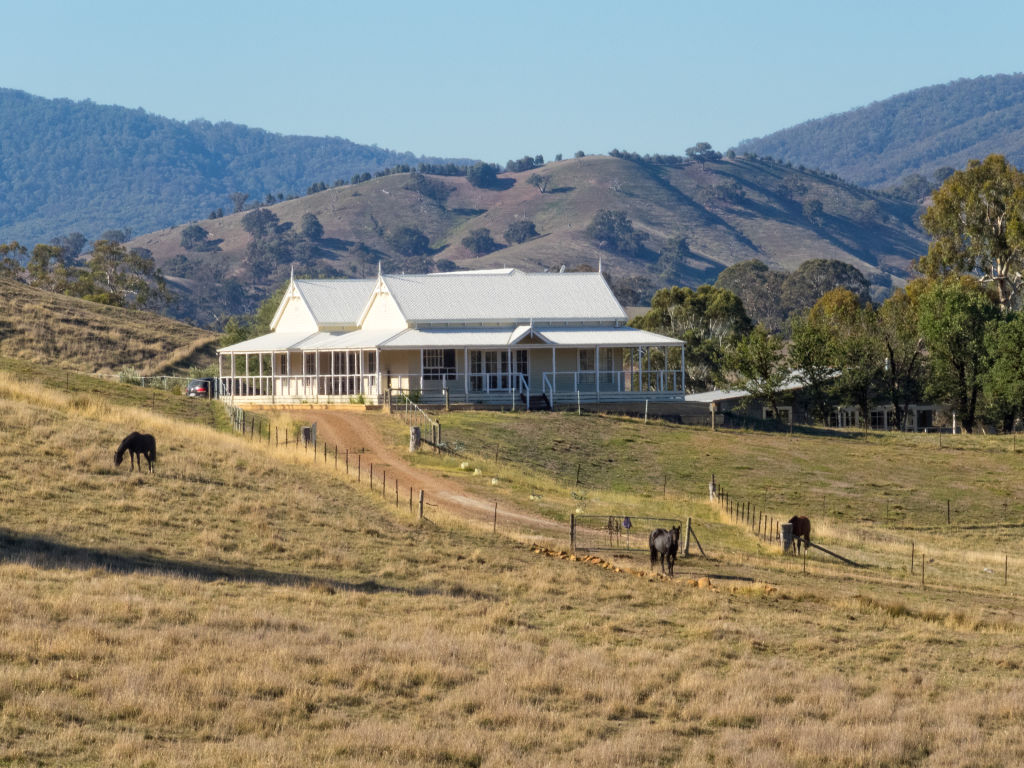
There’s plenty to entice city folks when considering a move to the country: fresh air, farmers’ markets, peace and quiet, and ample space.
But what’s involved in rural life, and what might you need to think about before buying a home in a regional area?
While getting away from the hustle and bustle of the city might seem immensely attractive, Daylesford real estate agent Kim McQueen of McQueen Real Estate says it’s important first to consider just how isolated you’re willing to be.
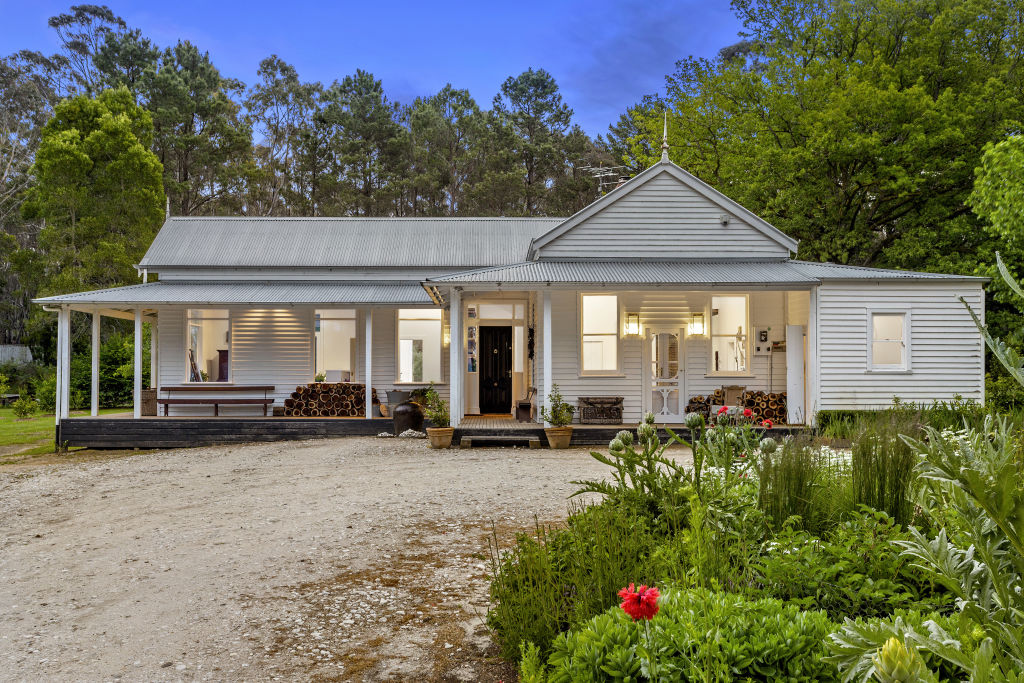
McQueen and her husband moved three years ago from inner Melbourne to Glenlyon, just outside Daylesford, Victoria — a town they chose because of its proximity to the city, the airport, and their adult children back in Melbourne.
“You’ll usually want to maintain some ties with… the city you’ve come from, with friends and family,” she explains. “But equally important is that they can visit you. So, if it’s only an hour or an hour and a half away, then it’s a very easy commute.”


On that note, McQueen also emphasises that it’s vital to consider closeness to services and amenities you might want to access — for example, cafes, gyms, hospitals and schools — and suggests joining local community groups to make new friends.
The next thing to consider is how much land you can actually maintain. It might seem dreamy to live on acres and acres of land — but it’s also a lot of work.
Hector and Rebecca Aguirre Ruiz, who operate Rydgeport Constructions in Murrumbateman, New South Wales, say that one of the first questions people need to ask themselves when looking at purchasing rural property is how big they want their property to be. For example, they point out that buying a one-and-a-half acre block means having a “beautiful big block” without worrying about livestock or paddocks.
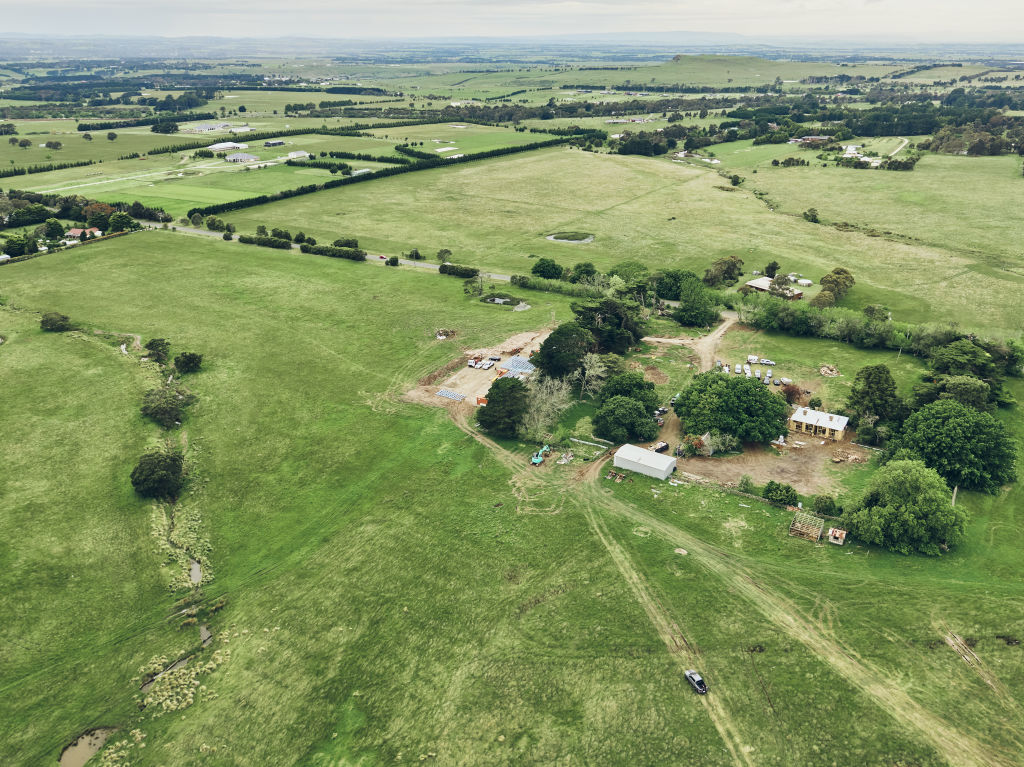
“We’re finding that a lot of people are wanting that lifestyle coming from the city, because they don’t want to delve into a proper farm as such, but they want space for their beautiful, big house, and the kids can ride their bikes, they can have pets, they can have quad bikes, they can have the pool. There’s plenty of room for all of that,” says Rebecca.
McQueen, who lives on a 30-acre vineyard herself, reiterates that the more acreage you buy, the more maintenance is required.
“You’ve got to learn about fencing; you’ve got to learn about pastures, you’ve got to have your pastures looking good,” she explains. “If you’re going to have some animals, then if things go wrong, you know, animals die in birthing, or you get frost… There are so many things that you need to be aware of.”
McQueen adds that learning about these things is part of the joy of rural life and that many of her clients find they have more time for these tasks since transitioning to working from home.
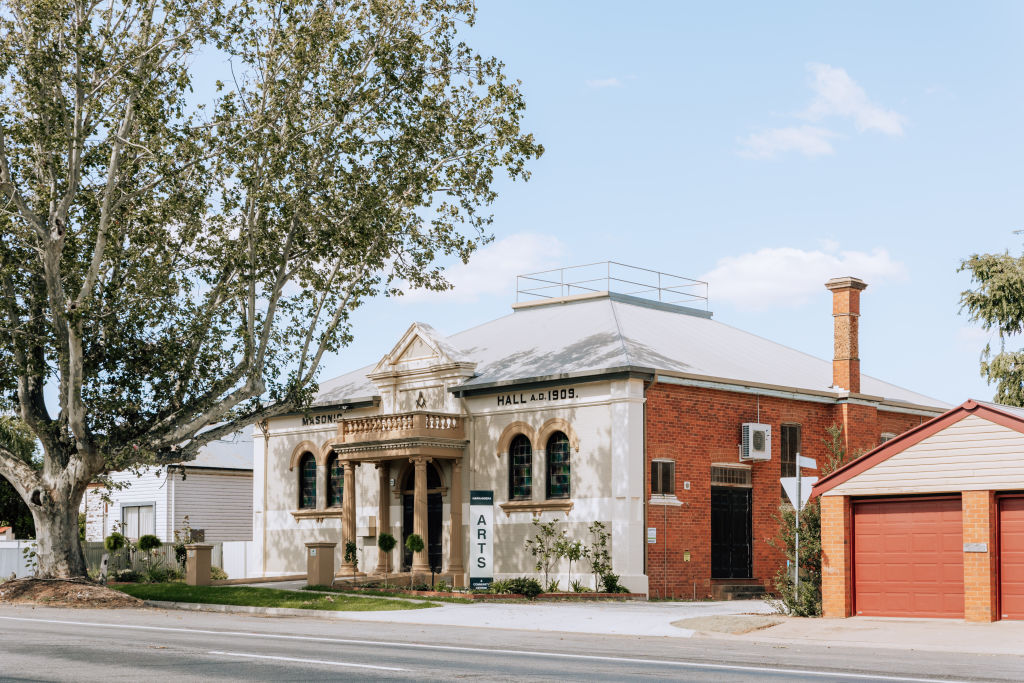
“We’ve got a very small stud of beautiful Suffolk sheep that we breed. We’re lambing — we’ve never done that in our life … we’re out there building a birthing suite for our sheep when they lamb,” she says. “We’ve gone from cars to tractors, Suffolk sheep, chickens. We’ve got a kelpie… We just love It … My husband’s about to plant another five acres of vines. And we’ve just learnt all of this over the last three years of being on the land.”
Another thing that city folk often don’t realise, according to McQueen and the Ridgeport team, is that country properties are usually not connected to the mains. That means learning about things like water tanks, bore water, septic systems and bottled gas. Off-grid living also means looking at how your internet will be supplied if there is no NBN connection and how good your phone reception is (especially if you’re planning on working from home).
This is why it’s essential to ensure that you work with local tradespeople versed in constructing rural dwellings if starting a new build.
“[For] someone like myself who’s done a bit of rural, it becomes quite easy,” says Hector. “And if you find the right builder, [they] can guide [you] through these things… But finding that right builder is pretty important.”
The right builder will also be au fait with considerations such as bushfire ratings and flood threats. This is important because regional areas can be more exposed to extreme weather than some urban environments.
Outside of extreme weather events, however, McQueen says that a profound connection to nature and its rhythms is one of the best parts about living rural.
“You realise that you really are at the mercy of the elements, and you can’t change that,” she says. “But it’s such a beautiful part of country living… You have such a deep understanding of the seasons, and you’re so aware of the environment. In the city, life seems to pass you by — you just don’t see it.
We recommend
We thought you might like
States
Capital Cities
Capital Cities - Rentals
Popular Areas
Allhomes
More
- © 2025, CoStar Group Inc.
